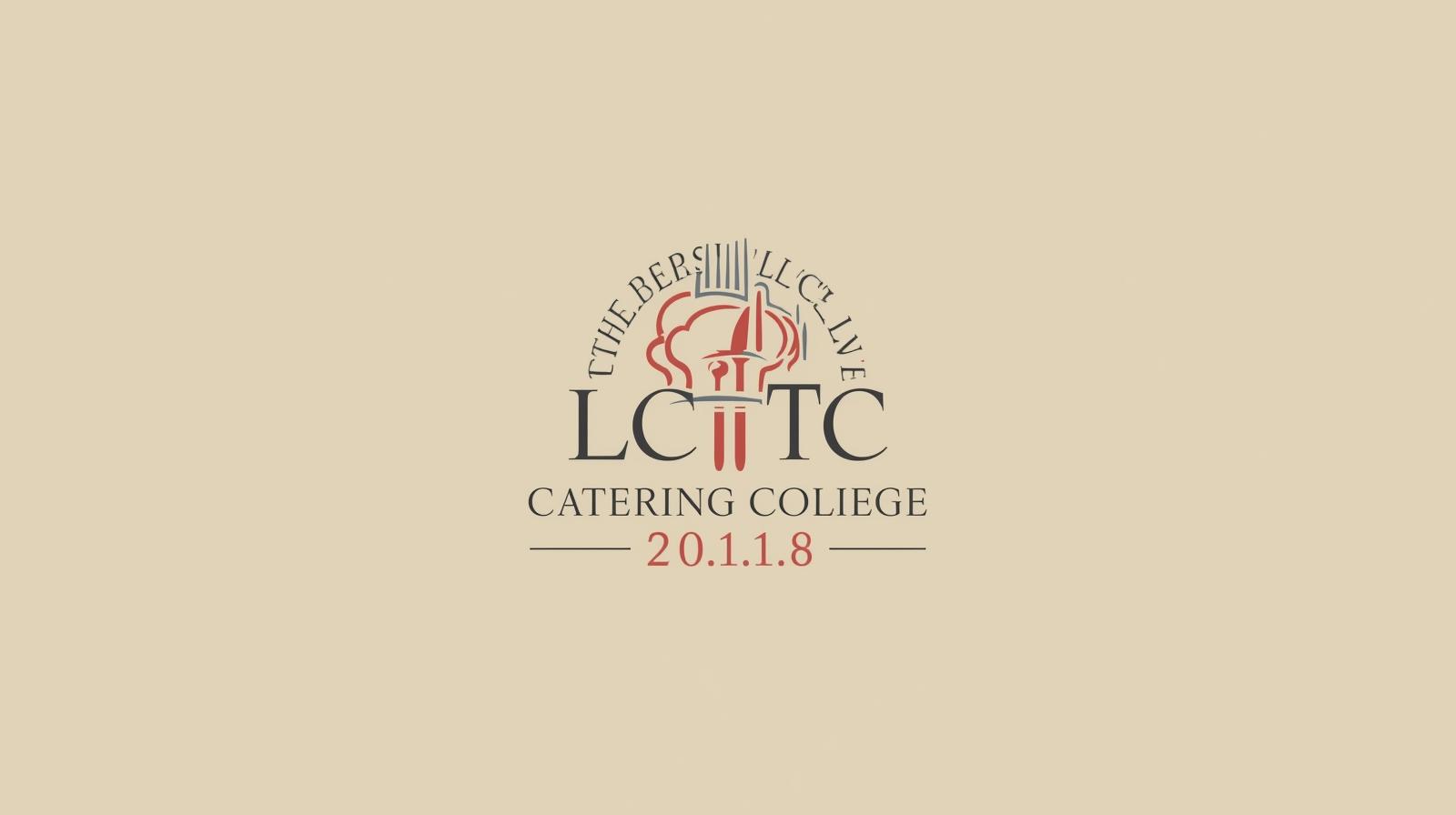Welcome to Laks Catering Technical Training College

At Laks Catering Technical Training College, we are committed to nurturing the next generation of hospitality professionals. Our college provides practical and theoretical training in catering, food production, and hospitality management to prepare students for successful careers in the culinary and hospitality industry.
Vision & Mission
Vision:
To be the premier institution in East Africa for excellence in catering, bakery arts, hospitality services, and event management.
Mission:
To deliver high-quality, hands-on training in catering, hospitality, and culinary arts, grounding students in both professional skills and personal values, so they become competent, creative, and employable in local and international hospitality sectors.
Core Values
-
Professionalism – Maintaining high standards in conduct, appearance, and work.
-
Practical Excellence – Emphasis on “learning by doing”; strong practical component.
-
Creativity & Innovation – Encouraging new ideas in food design, event planning, and service.
-
Integrity & Ethics – Honest business practices and respect in all interactions.
-
Customer Focus – Understanding and meeting client and guest needs.
-
Sustainability – Using sustainable sourcing, waste minimization, and eco-friendly practices.
Institutional Features & Facilities
| Feature |
Details |
| Training Kitchens |
Multiple fully equipped commercial kitchens for food production, pastry, baking, and confectionery. |
| Dining & Service Labs |
Formal and casual dining rooms for food & beverage service practice. |
| Bakery & Pastry Labs |
Specialized baking ovens, pastry tools, chocolate & sugar work stations. |
| Event Hall |
A multi-purpose hall for student-run events, wedding/practice banquets. |
| Guest Rooms / Front Office Simulation |
Rooms and front-desk set-ups to simulate hotel reception and guest services. |
| Library & Resource Centre |
Books, online subscriptions, recipes, culinary science texts, journals. |
| Industry Partnerships |
Internship placements with hotels, resorts, catering companies, event planners. |
| Short Courses / Workshops |
Regular hands-on workshops (e.g. cake decoration, mixology, table setting) open to the public. |
Academic Programs
Laks offers a variety of programs ranging from short courses to certificates to diplomas, including:
-
Baking & Confectionery
-
Pastry Specialist Courses
-
Food Production (Basic, Advanced)
-
Food & Beverage Service
-
Event Management in Hospitality
-
Hospitality Management Basics
-
Nutrition & Dietetics in Catering
-
International Cuisine
-
Certificate in Catering & Hospitality – Ideal for beginners entering the industry.
-
Diploma in Food Production – Focuses on advanced cooking techniques and kitchen management.
-
Food & Beverage Service – Training in customer service, table service, and restaurant operations.
-
Baking & Confectionery – Practical skills in pastries, cakes, and desserts.
-
Event Management in Hospitality – Planning and managing catering events for various occasions.
With progressive levels: foundational → intermediate → advanced.
Student Support & Experience
-
Internships / Industrial Attachment: Students placed in partner hotels, restaurants, and event companies.
-
Mentorship & Career Guidance: Workshops, alumni guest speakers, job placement assistance.
-
Clubs & Competitions: Pastry competitions, cooking challenges, event production shows.
-
Scholarships / Payment Plans: Some form of financial assistance or instalment payment options.
-
Continuing Education: Options for upgrading courses, short modules, workshops for professionals.
Institutional History / Background
-
Founding: Founded by a group of culinary professionals who saw the need for hands-on practical hospitality training in Nairobi.
-
Growth: Started with certificate-level courses, then expanded into diploma programs and specialized short courses.
-
Reputation: Known locally for excellence in baking and pastry, strong event management training, and producing graduates who are job ready.
Facilities
Our students have access to:
-
Fully equipped professional kitchens for hands-on training
-
Dining and serving areas for practical experience
-
A library and online resources to support learning
-
Event hall for real-life catering practice and competitions
Admission Requirements
To join Laks Catering Technical Training College, students should:
-
Have KCSE, KCPE, or equivalent qualifications (depending on course level)
-
Show passion and commitment to a career in hospitality
-
Be ready to engage in both theoretical studies and practical training
Tips for Prospective Students
-
Engage actively in practical sessions – this is where most learning happens.
-
Take advantage of internships and networking opportunities.
-
Maintain a positive attitude and professionalism; hospitality is as much about attitude as it is about skill.
-
Stay curious and open to learning new techniques.

















